‘Really scared, anxious, and horrified’: advocates decry lack of voice for Canadians with disabilities in cabinet
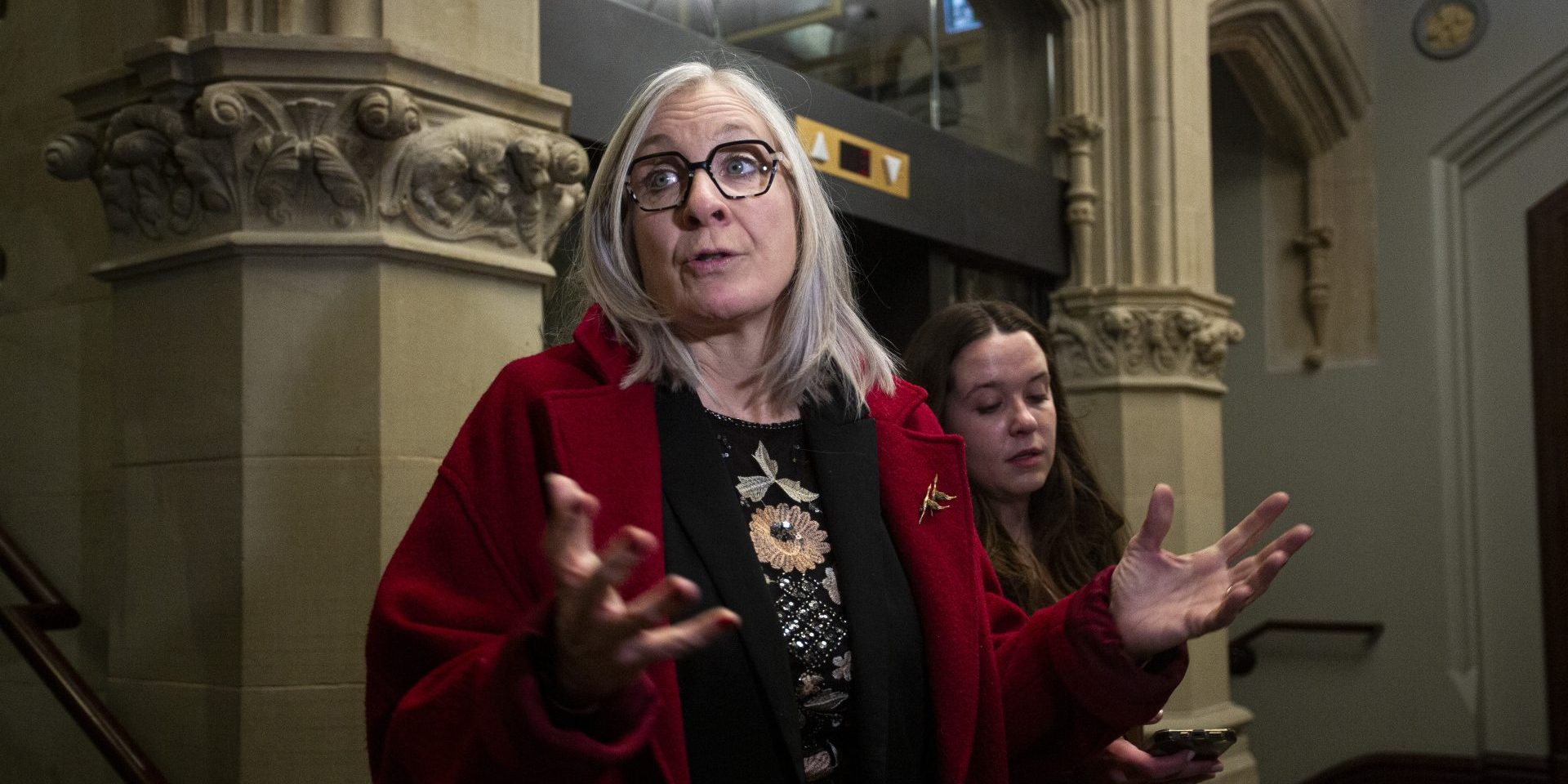
As an “inadequate” Canada Disability Benefit is launched, advocates are decrying a lack of representation for people with disabilities in Prime Minister Mark Carney’s cabinet.
“Our community is really, really, scared, anxious, and horrified,” Donna Jodhan of Barrier Free Canada said in an interview with The Hill Times. “I can only personally plead with Carney—please think of us.”
Jodhan says it comes as a particular shock after having a minister responsible for people with disabilities for nearly a decade, until Carney’s (Nepean, Ont.) pre-election shuffle, which significantly pared down the cabinet he inherited from former prime minister Justin Trudeau.
A ministry for people with disabilities was first created by the Trudeau Liberals in 2015, with then-Liberal MP Carla Qualtrough holding the title in tandem with the sport portfolio.
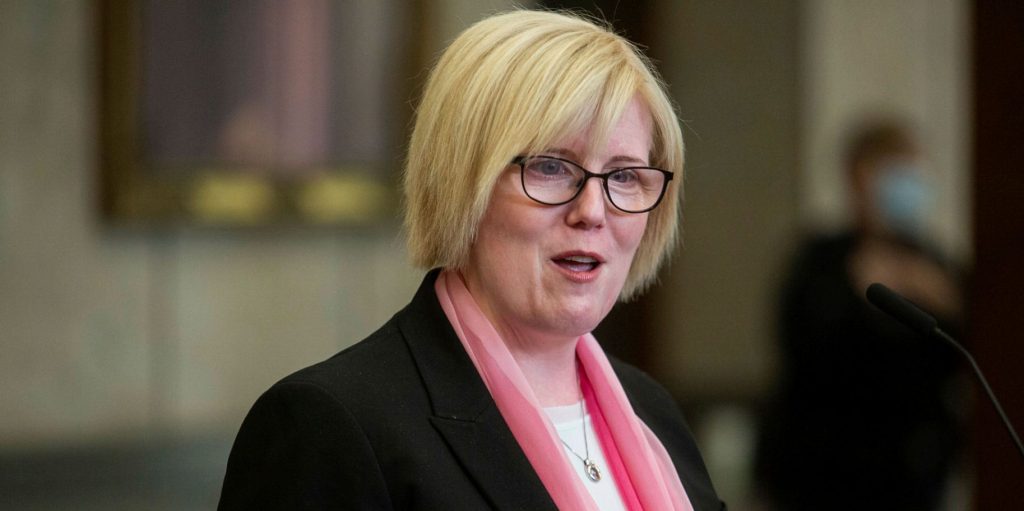
Jodhan was among those who led the campaign for the Trudeau government to adopt the Accessible Canada Act in 2019. The act prohibits disability-based discrimination in the federal public service, Crown corporations, and all federally regulated organizations.
“I still thank prime minister Justin Trudeau for having taken the time and listened to us to appoint a special minister [in Qualtrough]. And she was special,” she said.
Qualtrough has a vision impairment, is a three-time Paralympic medalist, and was a human rights lawyer before joining politics. She held several other cabinet positions including public service and procurement, and Treasury Board president, but was responsible for the accessibility file for much of her time in politics, including from 2015 to August 2017, and July 2018 to July 2023, when then-MP Kamal Khera took on the portfolio, which she kept until Carney named his first cabinet in March. Khera failed her re-election bid, while Qualtrough opted out of running again and was thereafter shuffled out of cabinet in the dying days of the Trudeau era.
Jodhan says she would like to see Carney listen to the community and add a minister responsible for people with disabilities as soon as possible, noting that disability advocacy wasn’t mentioned during the election.
“We’re contributing members to society, not just charity handouts,” she said. “What is he really thinking about people with disabilities? How does he view us?”
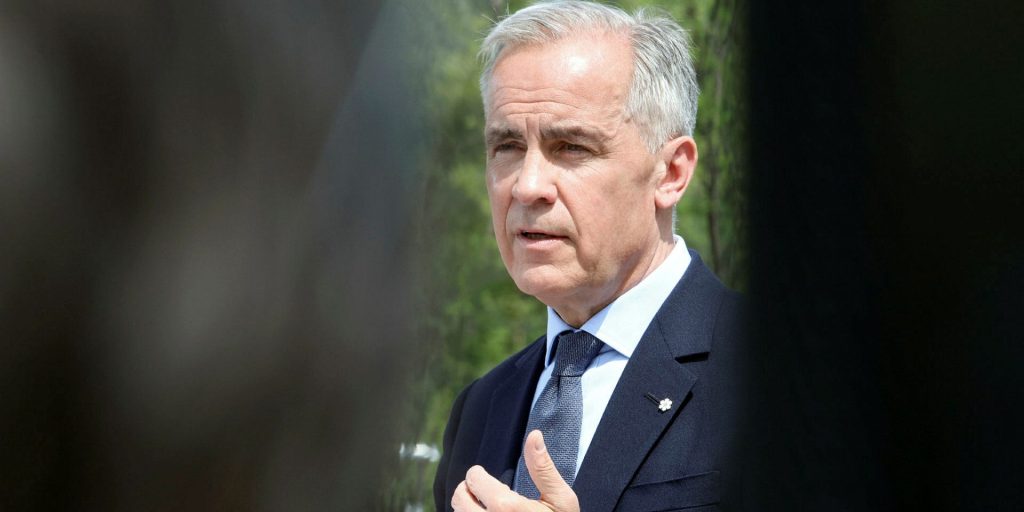
The Hill Times asked the Prime Minister’s Office about what led to the decision to opt against including a minister responsible for disability advocacy, but the office did not immediately respond with comment.
The gap comes at a crucial time for disability advocates, as a new benefit program is being criticized for not fulfilling its stated goal of lifting hundreds of thousands of Canadians with disabilities out of poverty.
Former Green Party MP Mike Morrice, who was among the vocal opponents of the government’s “inadequate” approach last Parliament, said there should be a minister focused on the file. Morrice lost his Kitchener Centre, Ont., seat in the April 28 election to Conservative Kelly DeRidder by a margin of less than one percentage point.
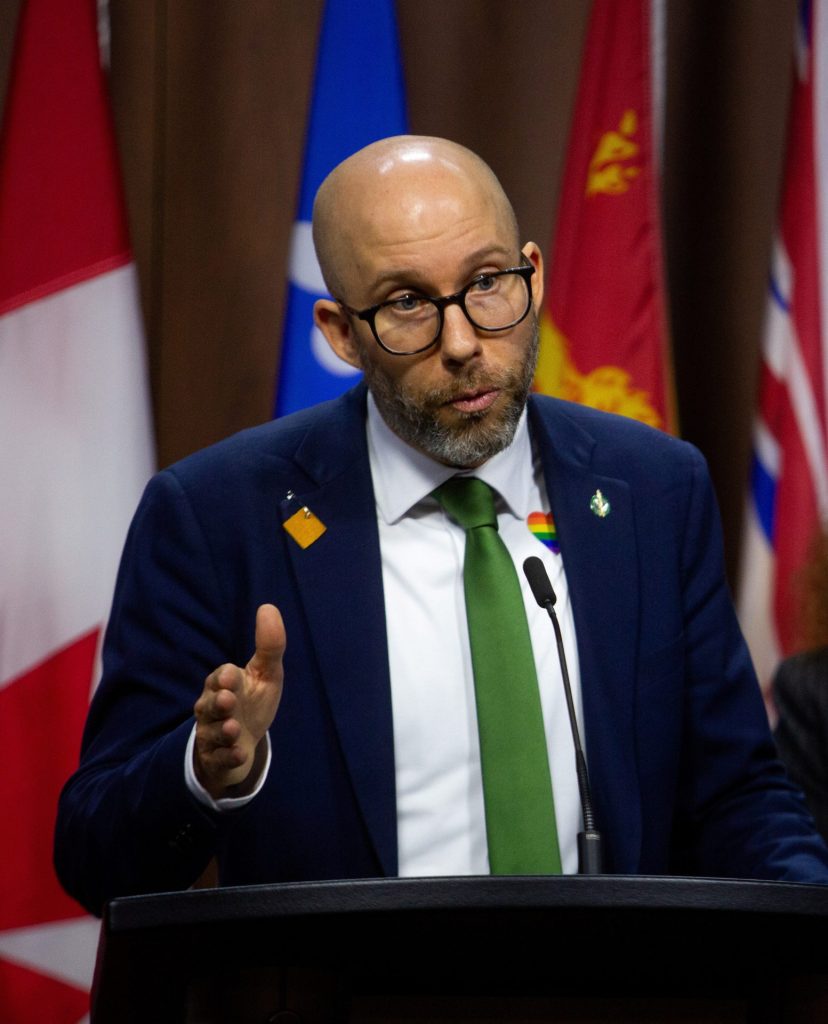
“It’ll be more difficult for the disability community to have their voice heard at the table if there’s no minister responsible for delivering on the promises this government made,” said Morrice, who was his party’s lead critic as the Canada Disability Benefit legislation was being developed.
The Canada Disability Benefit opened for applications on May 15, with payments starting July 1.
“The Liberal government, in the last Parliament, said it would lift hundreds of thousands of working-age folks with disabilities out of poverty,” Morrice said.
The benefit is only available to those who receive the existing Disability Tax Credit, and requires doctors to fill out a lengthy assessment form. What’s more, the benefit is only up to $200 a month, depending on household income.
“I asked the minister [Khera] at committee, how many people will that lift out of poverty? The number they came up with was about 25,000,” Morrice said, adding that there are 1.6 million people with disabilities in Canada, and 40 per cent of people living in poverty have disabilities.
“It’s completely inadequate until it meets—at the very least—the commitment the government made, and should listen to folks with disabilities who have been trying to have their voices heard for many years,” Morrice said, adding that it was the disability community and their advocacy that led to the benefit getting passed in the first place.
Jobs and Families Minister Patty Hajdu (Thunder Bay–Superior North, Ont.) oversees Employment and Social Development Canada, which handles the disability benefit. Her office did not immediately respond to a request for comment.
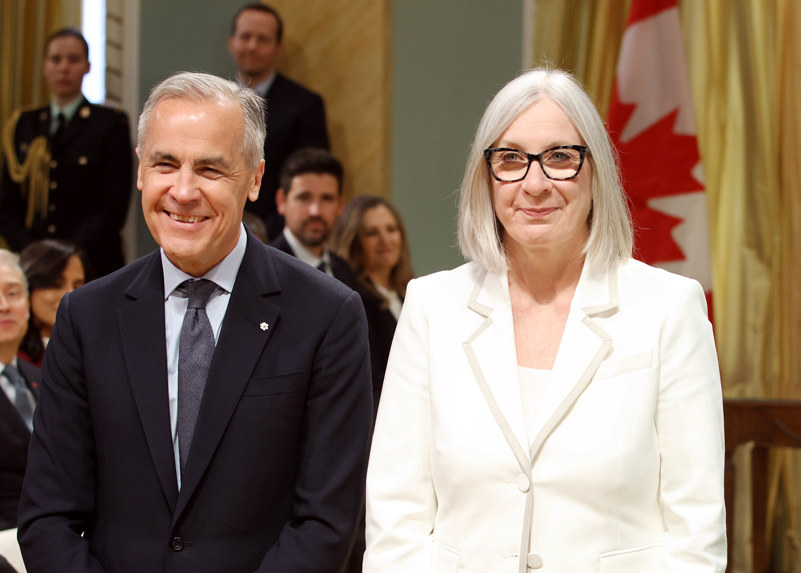
Michael Prince, a professor of social policy at the University of Victoria, saw firsthand the impact of a dedicated minister when he sat on advisory groups for several different ministers responsible for disability advocacy.
He publicly resigned in April 2024 in protest over the federal budget, and the “hugely inadequate” Canada Disability Benefit.
The advisory group played a key role during the COVID-19 pandemic in telling the government how the public health crisis was impacting Canadians with disabilities, he said.
“It was quite clear to us that if you did not have a minister at the table [at] cabinet committees—or at the full cabinet, or in conversations with the Prime Minister’s Office and other key decision makers—those issues would not have been brought up,” Prince said. “Or they would have been brought up as an afterthought, way down the road, with some potentially really harmful consequences.”
Prince said disability rights were de-emphasized in Carney’s pre-election cabinet, and that he had hoped “there would be recognition that it was an oversight,” adding that even “farming it off to a junior minister” or secretary of state would be a downgrade.
Prince noted Carney prioritized a “laser focus” on the economy, productivity, and labour, in light of the trade war with United States President Donald Trump, and said Carney’s government was tilting back to the centre.
“Any good Liberal government should never abandon those who are most vulnerable,” Prince said. “It’s the test of a real caring society.”
But, in a country where more than 25 per cent of adults self-identify as having disabilities, that leaves out “a significant segment of the population,” Prince said.
Without a dedicated minister, “I’m at a loss to say, what are the government’s thoughts on disability,” he said, noting the Trudeau government developed a Disability Inclusion Action Plan in 2022, with rolling objectives planned until 2027.
Prince noted Morrice, who advocated for people with disabilities while on Parliament Hill, lost his seat in the most recent federal election, along with fellow advocates, including former NDP MPs Bonita Zarrillo, who lost in Port Moody—Coquitlam, B.C.; and Peter Julian, who was not re-elected in his longtime seat in New Westminster–Burnaby, B.C. Zarillo was the party’s critic on disability inclusion, infrastructure, and communities.
“To have those voices gone, plus no minister, really makes the disability community incredibly anxious and vulnerable about what could happen,” Prince said.
Carney faced criticism in his initial cabinet for a lack of ministers focused on women and gender equality, labour, and disabilities. He course-corrected on two fronts: Rechie Valdez (Mississauga–Streetsville, Ont.) was named minister of women and gender equality, and John Zerucelli (Etobicoke North, Ont.) was named secretary of state for labour.
NDP MP Leah Gazan (Winnipeg Centre, Man.) released a statement following the May 13 cabinet shuffle saying she is particularly pleased about the reinstatement of a minister of women and gender equality.
But Gazan said she is “disappointed and concerned” by the failure to appoint ministers devoted to seniors; diversity, equity, and inclusion; disability; youth; and labour.
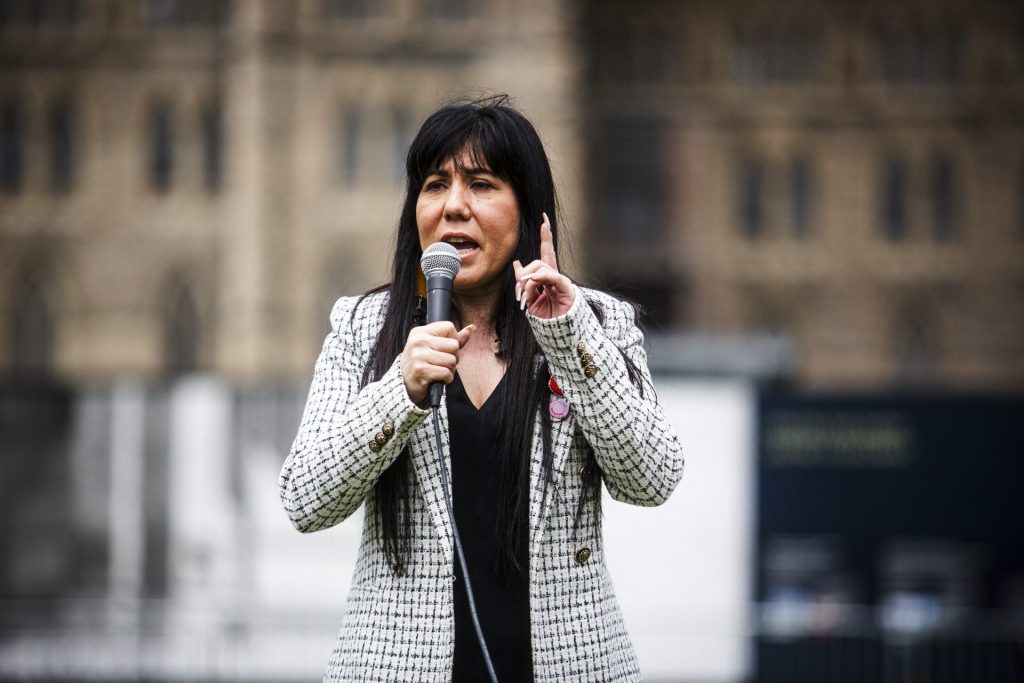
“The Liberals must stop embracing this non-inclusionary and anti-labour agenda, shown in their abandonment of seniors, youth, people with disabilities, and workers among cabinet appointments,” she said. “I remain committed to working with parliamentarians across party lines to ensure that these groups do not remain underrepresented.”
Carney’s cabinet lacking emphasis on diversity, equity, and inclusion initiatives was noted by a federal public service union spokesperson, who spoke on background.
“We see there is a lack of portfolios to address systemic barriers to equity groups,” the spokesperson said.
Morrice said disability communities and allies across the country will need to put pressure on all parliamentarians.
“It’s going to make it that much more difficult for their voices to be heard, at a time where everything is more expensive,” he said, citing tariffs, the trade war, and the ongoing housing crisis.
“It’s just that much more difficult for the disability community to have their voices heard by this government,” Morrice said.
Though other portfolios touch on disability rights—like seniors, children, labour, or Indigenous services—none can offer proper representation, Prince said.
“It’s going to leave out hundreds of thousands, if not millions” of people, he said. “We’ve learned over the history of politics and society, you need those voices at the table. I think the feminist movement made that very clear 50 years ago. Other groups have made similar kinds of calls for wanting to be seen and represented within a key political institution in our country: the cabinet.”
mglass@hilltimes.com
The Hill Times






 LICENSING
LICENSING PODCAST
PODCAST ALERTS
ALERTS













